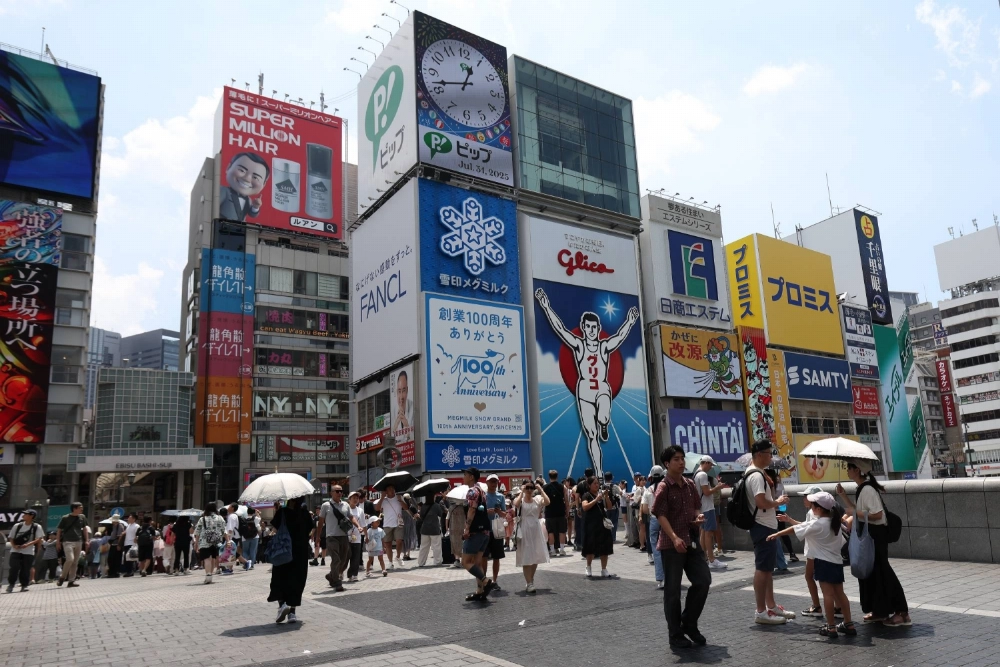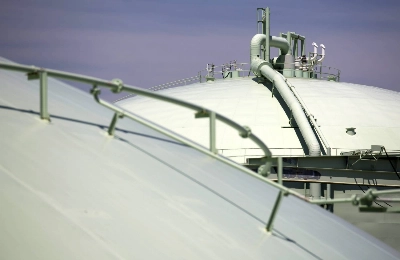Calls are growing in Osaka Prefecture for a review of minpaku private lodging services in special zones, with locals annoyed by the behavior of some foreign guests, such as failing to follow trash disposal rules and making noise.
Japan allows the year-round use of vacant rooms in private apartment buildings as accommodations in areas designated under the National Strategic Special Zone system for deregulation. Many special zone minpaku facilities, popular with foreign tourists, are in Osaka Prefecture.
Local governments are beginning to take action, after issues linked to such minpaku services became one of the focal points in the July election for the House of Councillors, the upper chamber of Japan's parliament, as a negative aspect of fast-growing inbound tourism.

















With your current subscription plan you can comment on stories. However, before writing your first comment, please create a display name in the Profile section of your subscriber account page.